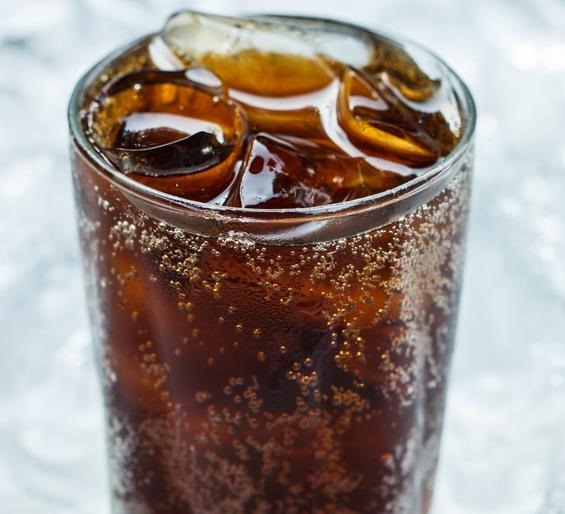When we are thirsty we usually drink any beverage, including sugary soft drinks. Why is it a complete mistake? We discover why it is not so suitable.

The need to drink fluids is controlled by a region of the diencephalon, in charge of controlling the fluid regime in our body. This region is known by the name of the hypothalamus, and it is responsible for sending the order to drink liquids when it detects that both our blood and the rest of the organic liquids are close to excessive density, either due to an increase in the concentration of salts. In our body or due to the lack of water.
In fact, did you know that our body has two different detection systems through which it continuously informs the hypothalamus? One of them measures the tension present in the walls of the heart that informs about the volume of blood in the blood circulation. Another measures the proportion of dissolved salts in the blood. In turn, the main sensation of thirst can come from some receptors that we find in the mouth, thirst arises when the level of humidity is reduced and both the mouth and the tongue become dry.
For this reason, thirst is actually a sensation that our brain emits in order to warn us that we need to ingest liquid. But to hydrate ourselves adequately, it is not worth any liquid, as for example is the case with soft drinks or sugary drinks. Furthermore, opting for these liquids is a complete mistake when we feel thirsty.
The reason is obvious: the high sugar content present in these types of drinks causes a greater sensation of thirst, increasing it. As a consequence, although when you take a sip you feel that your thirst is reduced (especially if the drink is cold), the truth is that a few minutes later you will feel your thirst increased, “forcing” you to drink soft drinks in older quantities. Let’s say it is a tremendously well-studied vicious cycle.
If you also opt for a sugary drink with caffeine (such as the popular Coca Cola or Pepsi) it would be an even greater error since caffeine will cause us to lose more water with urine, causing dehydration.
The best to quench your thirst? Without a doubt the water. The amount to drink would actually depend on the needs of each one, although in most cases it is enough to quench thirst with two glasses of water.
On the other hand, in case of having practiced very intense physical exercise or for more than 90 minutes, the most appropriate thing is to opt for sports drinks rich in mineral salts, useful and suitable for the replacement of the different electrolytes that we have lost through sweat. Be that as it may, the key is not to opt for soft drinks or sugary drinks to quench thirst, because far from reducing it will increase it.































